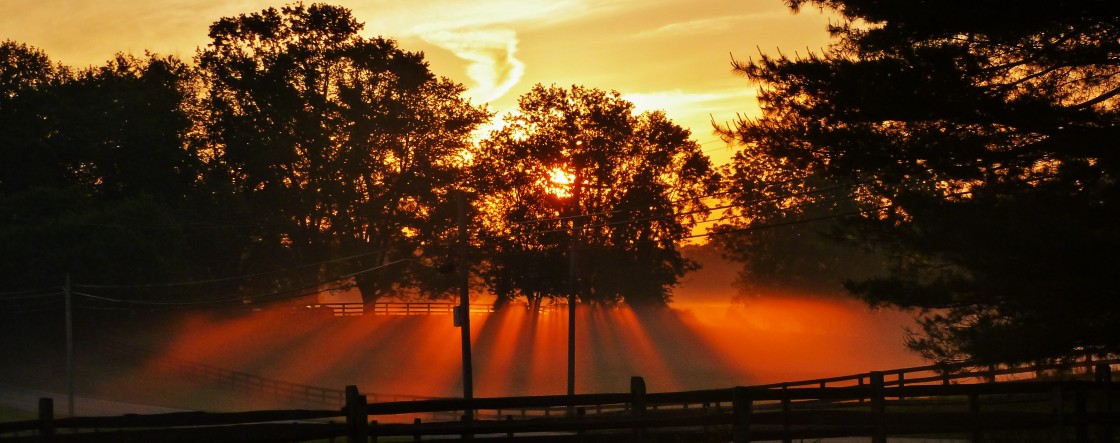Moshi, Tanzania
7/7/05, 9:30 pm
Last night we arrived in Nairobi and spent the night at the Fairview Hotel, a very nice hotel (well, not the Four Seasons, but nice enough) that was locked off with several gates and roadblocks. One definitely gets the sense of a third-world country: general poverty surrounding pockets of luxury where poor people are only allowed if they work there. That could be considered sad, but considering the alternative I suppose it’s better to have the infusion of foreign capital into the local economy. This, more than any aid the G8 Summit conjures up, will be more beneficial in the long run, as it encourages self-sufficiency rather than dependence.
Today we drove from Nairobi to Moshi. Driving in Africa is crazier than anywhere else I’ve been. In Nairobi people sprinted right in front of vehicles, with said vehicles accommodating them by speeding up. This country (continent?) has also yet to discover the catalytic converter, it seems, leaving smoggy Los Angeles-esque skies. Once out of the city, conditions were better, although you still had to watch out for the occasional donkey and cattle. The highway was narrow, yet vehicles would zoom past each other at arm’s length. People (often Masai with full regalia and sometimes even spears) would walk along the road or cross it, and children would even play in the road.
The drive itself was a study in transitions, from city to savannah to more trees and then desert mountains. Occasionally we would come across a town intersected by the highway, with ramshackle buildings of commerce. As we approached Moshi the vegetation was decidedly lusher, with green corn stalks contrasting the earlier ones scorched by the equatorial sun.
It is hard to view this region as just another place on earth, and yet it is hard not to. Africa has always held a certain mysticism for me, an almost romantic image of people living in direct contact with the earth much as they did thousands of years ago. Seeing Masai herdsmen surveying their charge while leaning on a staff, a Masai crossing the road with multiple spears in hand and the thatch-roofed mud huts certainly feeds into that. Yet that notion is easily dispelled by Masai women forcibly peddling their wares at the border. Like it or not, commerce drives the world, and everyone from the captain-like shuttle driver to the amorphous number of porters of indeterminate officiality is trying to provide for himself and his family.
The similarities between these African countries and any of the developing Latin American countries are astounding. The clash of the poor and rich, primitive and modern, the pungent smoke from fires, corrupt police roadblocks and yes, catering to white tourists are all the same. I would love to know what this place was like fifty years ago, and what it will be like fifty years hence.
Well, we start our climb tomorrow, so I should get some sleep. I’m looking forward to the ascent.
